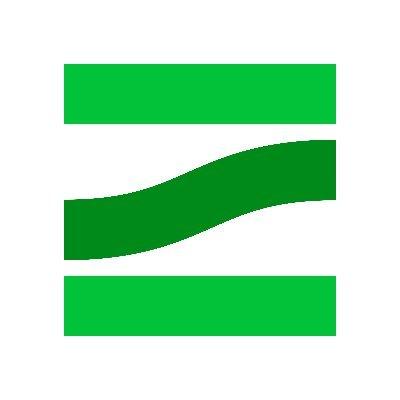Invest in venture-backed companies
Buy pre-IPO stock in private companies
Investments
$10,000
The minimum investment on EquityZen is $10,000, though this may vary by offering.
High Risk
4/5
Investing in Sweater's Cashmere Fund, like any venture capital investment, carries inherent risks. These risks include market volatility, economic conditions, and challenges specific to the companies in which the fund invests.
High Risk
4/5
Investing in private companies via EquityZen involves risks such as limited liquidity, market volatility, company performance uncertainties, regulatory changes, less available information, and potential lack of diversification, which could impact investment returns.
Minimum Liquidity
1/5
Sweater provides biannual redemption windows for investors to access their investment before the end of the investment term. However, there may be restrictions and limitations on the redemption process.
Minimum Liquidity
1/5
EquityZen offers liquidity for vested shares only. It does not provide liquidity for unvested shares, unvested RSUs, or options directly.
Receive new reviews from Fintorial
Not Predictable Return
N/P
Unlike public market investments, private investments carry higher risks and unpredictability. Consequently, it's challenging to define a standard return rate for EquityZen investments.
Long-term Investment
1-5 years
Sweater's Cashmere Fund is designed for long-term investments, but they provide biannual redemption windows for investors to redeem a portion or all of their investment.
Long-term Investment
2-5 years
Typically, companies on EquityZen have received late-stage funding, suggesting an expected investment horizon of 2-5 years, but outcomes can vary widely.
Who can invest
United States
Any U.S. resident over the age of 18 with a Social Security Number (SSN) is eligible to invest in Sweater's Cashmere Fund.
Moderate Volatility
3/5
The assets on Sweater's platform, including the investments made by the Cashmere Fund, can be subject to volatility.
Moderate Volatility
3/5
Assets on EquityZen, which are shares in private companies, can be highly volatile due to limited public information, sensitivity to market conditions, low liquidity, and company-specific events, leading to significant price fluctuations.
Regulation and audits
SEC Regulated
Sweater operates under SEC regulations, allowing them to accept investments from non-accredited investors.
Regulation and audits
SEC Regulated
EquityZen Securities is registered with the SEC and is a member of FINRA/SIPC, ensuring it adheres to regulatory standards and practices for investor protection and undergoes regular audits.
Insurance
No
Specific details about Sweater's insurance policies are not available on their website.
Insurance
No
EquityZen is a FINRA/SIPC member firm, offering account protection up to $500,000 (including $250,000 for cash claims) through SIPC in case of brokerage failure, not covering market value losses.
Payouts
No Recurring Payouts
According to Sweater's website, the Cashmere Fund does not pay dividends to investors.
Payouts
No Recurring Payouts
Investors in private companies on EquityZen typically do not receive dividends, as these companies often reinvest profits to fuel growth.
Withdrawals
Investors in Sweater's Cashmere Fund can redeem their investment during biannual redemption windows. However, there may be restrictions or limitations on the redemption process.
Withdrawals
Investors can get their money back from investments on EquityZen mainly through an IPO, acquisition of the company, or secondary market sales on the platform. However, returns depend on market demand and timing of these liquidity events, with no guaranteed timeline.
Extra Fees
No
Sweater's Cashmere Fund charges a fee of up to 2% for redeeming investments during the semi-annual redemption windows.
Extra Fees
Yes
EquityZen charges a 5% fee to sellers upon transaction closure. For investors, a one-time sales fee applies: 5% for investments up to $500,000, 4% for $500,000 to $1 million, and 3% for over $1 million.
Taxes
Annual Statement
Venture funds, like Sweater's Cashmere Fund, generally provide tax reporting support to investors.
Taxes
Tax Form
EquityZen issues a Schedule K-1 for taxable events and provides vetted tax documentation to investors. Upon investment, individuals complete necessary tax forms (W-9 or W8-BEN) and receive annual tax updates.

